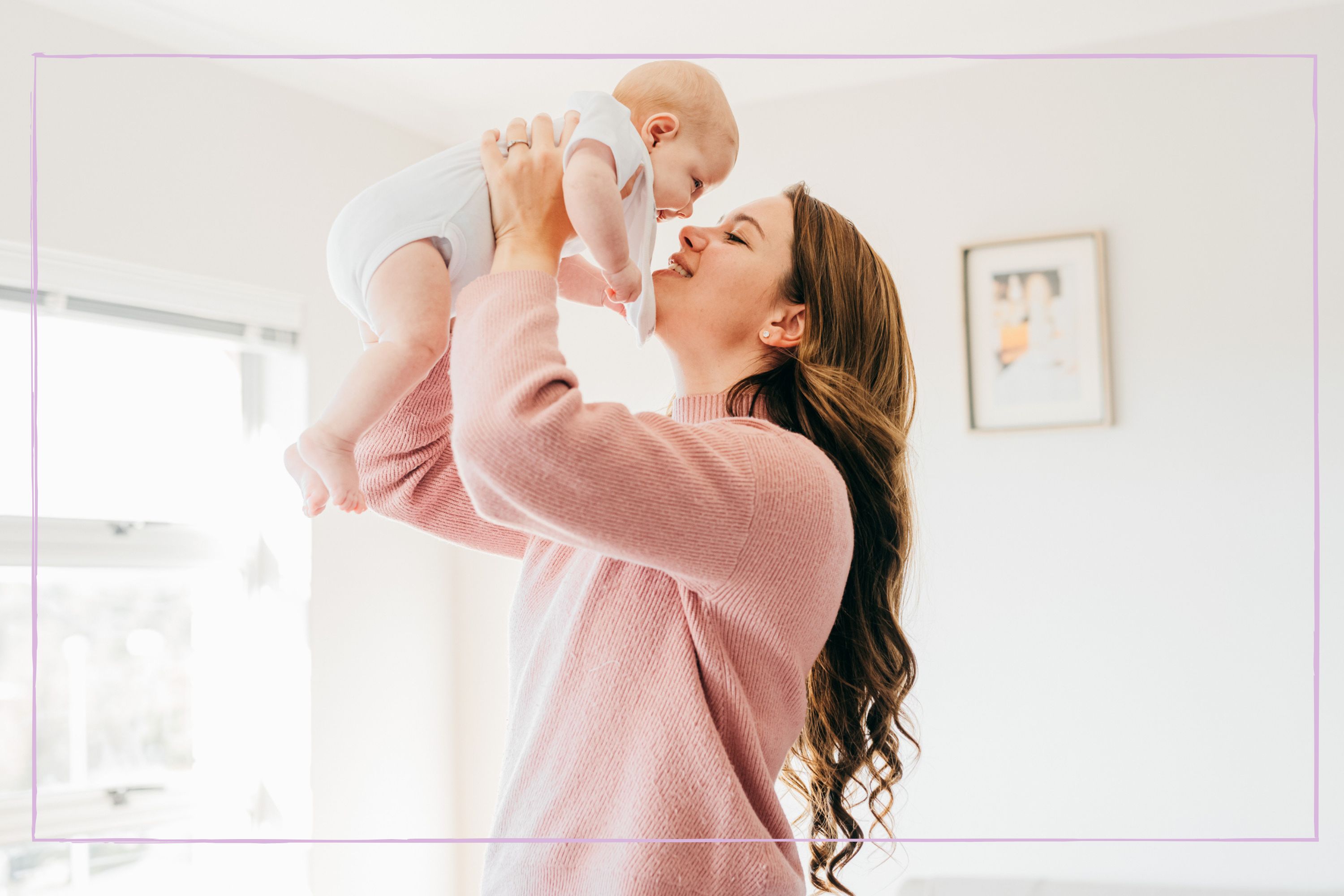
Cutting through the plethora of negative bodily changes that can occur after birth, scientists have some good news, revealing some positive biological impacts of having a baby.
The process of matrescence can be a difficult one - this involves coming to terms with the huge mental and physical shift becoming a mother brings to your identity. Alongside matrescence often comes a host of other difficulties, including an increase in the mental load, and subsequent parenting burnout that can happen at any stage of being a mother.
Although useful and comforting to recognise the more difficult impacts of having a baby, it's great to have balance. It's therefore good news to find out that although motherhood does change our bodies forever, scientists have found giving birth can lead to protected bone density, brain size differences and blood that heals.
Protected bone density
When it comes to the bones of postnatal women, research from the University of California San Francisco (UCFC) and UC Davis found a new hormone protects bone density during breastfeeding - the CCN3 hormone keeps bones strong even as they lose calcium to milk production by blocking some oestrogen receptors in the brain and increasing bone mass.
CCN3 given as a patch to the elderly has healed their bones rapidly, suggesting it could have a future as a treatment for osteoporosis. Holly Ingraham, PhD, is the senior author of the new paper detailing the research and a professor cellular molecular pharmacology at UCSF. She hopes the discovery will not only help osteoporosis treatments, but also provide relief to a whole spectrum of health problems.
She says "Bone loss happens not only in post-menopausal women but often occurs in breast cancer survivors that take certain hormone blockers; in younger, highly trained elite female athletes; and in older men whose relative survival rate is poorer than women after a hip fracture. It would be incredibly exciting if CCN3 could increase bone mass in all these scenarios."
Changes to brain size
Other research from Dr Susana Carmona at Spain's General University Hospital Gregorio Maranon, reveals brain changes happen during pregnancy. Being pregnant changes a woman's brain shape and it never returns to the way it was previously - some researchers can tell if a woman is pregnant by viewing brain imaging with 100% accuracy.
Although Dr Carmona openly suggests further research needs to be done to find out the exact implications of the brain changes, it's thought it could be related to gearing mothers up for caring for their baby, although this is yet to be proven.
Speaking to El País, Dr Carmona says "Today we are trying to predict, treat, and cure postpartum mental pathologies, and we do not even know exactly what happens in a woman’s brain during pregnancy. So, one of the most direct applications would be to try to develop treatments aimed at perinatal pathologies. Understanding how this may affect menopause, or how it may affect women who are at higher risk of developing Alzheimer’s disease, is also important."
Healing blood
When it comes to blood, a pregnant woman will have her child's blood cells running through her body from six weeks into the pregnancy. Research shows this process, known as foetal cell microchimerism, can result in cells being found in mother's hearts.
Even more interestingly, Sky News reports the cells have been found in areas of the body that need healing such as diseased organs and scar tissue. It's thought the lingering cells help areas of mothers heal long after they've given birth. Even if a woman were sadly to suffer a miscarriage, she still carries her child's blood with her for many years after the loss.
For more positive motherhood news, the happiest childhood memories have been revealed, while joyful bedtime memories can stay with children well into adulthood. We also share tips on how to raise happy kids.







